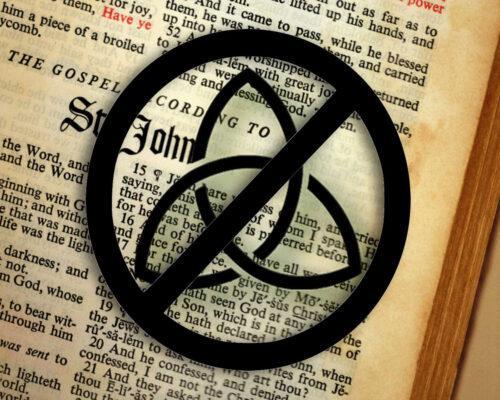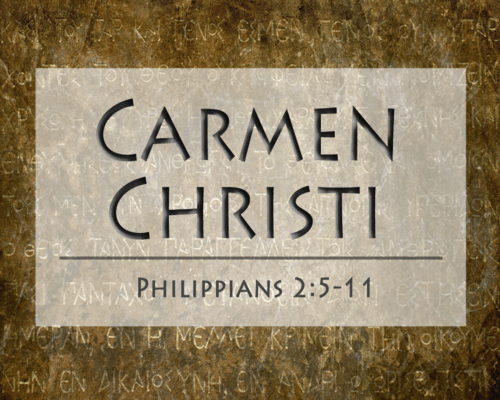Category: Prooftexts
From Glorification to Humiliation: Reassessing Philippians 2:6-8 (Part 1)
Philippians 2:6-8 is a testament to the incredible humility of Jesus. Paul vividly describes that humility as the voluntary transition from the “form of God” to the “form of a servant.” But what exactly do these phrases mean? And when during his life was Jesus in such contrasting states? These questions can be answered in a few different ways. The route one takes, however, depends upon the assumptions one makes of the text.
Is Christ the Creator in Hebrews 1:10?
Hebrews 1:10-12 is typically seen as a declaration about the preexistence of Jesus. Set within a series of contrasts between the Son and the angels, it quotes a passage from Psalm 102 in which the Psalmist declares to the Father that “You, Lord, laid the foundation of the earth in the beginning, and the heavens are the work of your hands.” Most theologians think this quote is repurposed in Hebrews 1 to identify the Son as the creator and therefore consider it key evidence for the doctrine of the Trinity.
My Lord and My God in John 20:28: Two Distinct Individuals
In John 20:28, Thomas beheld the resurrected Christ and famously exclaimed: “My Lord and my God!” One way to interpret this statement is to assume that Thomas was applying both titles to Jesus. Trinitarian apologists naturally choose this option, and further claim that Thomas was therefore identifying Jesus as YHWH God himself.
5 Reasons the Gospel of John is Not Trinitarian
The Gospel of John is thought to contain the strongest evidence for the traditional view that Jesus Christ is the second member of a Triune God. From John’s famous prologue to the declaration of doubting Thomas, there appears to be a trove of prooftexts available to the Trinitarian.
Is Jesus Called YHWH in Romans 10:13?
In Romans 10:13, the apostle Paul reached the summit of a brilliant discourse on salvation by citing Joel 2:32 in the Greek Septuagint: “For, ‘everyone who calls upon the name of the Lord will be saved.’” The Septuagint substitutes the title “Lord” for God’s personal name, but Paul was surely aware that the original Hebrew instructs people to “call upon the name of YHWH” for salvation.
Is Jesus Called YHWH in Philippians 2:11?
The famous Philippians 2 hymn known as the Carmen Christi is one of the earliest creedal statements in Christianity. Believers throughout the history of the church have echoed Paul’s climactic Philippians 2:11 confession that “Jesus Christ is Lord.” But what exactly does this confession entail?
Who is the One God in Matthew 28:19?
The baptismal formula in Matthew 28:19 is often thought to be obvious evidence of God’s triune nature. In this passage, Jesus commissions his apostles to baptize people “in the name of the Father and of the Son and of the Holy Spirit.” The singular noun name, we are told, implies that all three figures share the same name, which in turn implies a shared essence or being.








16 min- 0 0
-
4671
-
3 years ago
- 7
In this series, we have been examining the popular assumption that Phil. 2:6-8 describes the incarnation. Our previous article looked at the first half of the passage, which can be laid out as a four-line stanza, and found strong linguistic evidence that Jesus “in the form of God” is not a disembodied state but rather a physically glorified state.
-
Tagged Apostle Paul, Carmen Christi, form of a servant, form of God, harpagmos